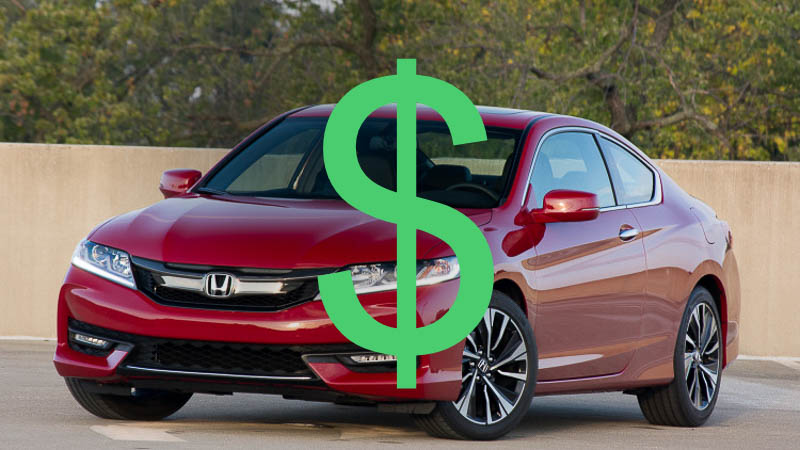Personal Versus Corporate Use Of a Vehicle
One of the things that the Canada Revenue Agency is constantly looking at is the personal versus corporate use of a vehicle. It does not make any difference in the long run if the vehicle is owned by the company or is owned by the individual that owns the company. It is how much of the vehicle is driven personally versus corporately.
Allowable Expenses for Using the vehicle
If the business owner owns the car, that owner is allowed to expense or charge the company a portion of the use of that vehicle for company use. The tax situation is very similar if the company owns the car and is used by the individual.
But what happens when the business owner owns the car but charges all of the expenses to the company. The company is supposed to charge back to the shareholder (what is called a stand-by charge of the vehicle) for the personal use of that vehicle.
This is calculated by comparing the personal use of the vehicle to the total mileage driven by that vehicle over the course of time (for example 1 year).
Sample Calculation for a Stand-by Charge
If the vehicle is driven a total of 10,000 kilometers during the year, 4,000 kilometers is driven for personal use and 6,000 kilometers for business use with the total expenses for the vehicle is $5,000 for the year (insurance, gas, maintenance, depreciation etc.)
The company gets to write off 6,000/10,000 times $5,000 or a total of $3,000 while the individual is responsible to pay for 4,000/10,000 times $5,000 or $2,000. If the company pays all of the expenses for the vehicle, the $2,000 is either considered a shareholder loan, and depending on the situation of the shareholder, will added to income through a T4 as a taxpayer benefit or through a dividend to the shareholder.
Mileage Problems looked for by CRA
One thing that the CRA is always looking for is justification for the mileage of the vehicle. The rule is that a log of the mileage must be kept for the entire year. However, some auditors will ask for a sample of a couple of months to justify the usage of the vehicle.
If one does not keep a log of the mileage the auditor has the discretion to disallow the expense in its entirety or use a subjective judgement to
determine the amount to charge back to the shareholder. I have researched various ways to maintain a vehicle log(s) that would satisfy CRA requirements while keeping the effort to maintain those logs to a
minimum.
Solutions to Track Auto Use for Business
There are many phone apps that will do a great job for an individual and the cost is based on a monthly or yearly subscription. One such app is called MileIQ© and the cost is approximately $79 per year plus tax. The plus side of this app is that it is simple to use and the reports are CRA acceptable and is easy to use.
The downside of the app is that it records all trips that are made when the app is running even using the bus or boating on the water. These trips must be removed to keep the integrity of the report as accurate. In addition if there are two people who use the vehicle, it is rather difficult to maintain and combine the two reports especially if the two or more people use the vehicle at the same time.
The other solution that I found was a device called TripLogik©. It is also relatively inexpensive to own and has a one-time charge (purchase price of between $180 -$190 plus taxes). The upside to this device is dedicated to the vehicle in that it tracks the mileage of that vehicle regardless of who is driving the vehicle.
The device information then can then be uploaded (syncs) to a computer. The information can be viewed and changed if necessary to distinguish between personal and business related trip. This is especially useful if more than one person drives the vehicle. The downside to TripLogik© is that you have to purchase an individual apparatus for each vehicle.
While on the computer, a person can actually view the route that was taken on google maps for each trip taken. Additional information like total kilometers driven, duration of trip and average speed is reported.
Conclusion
Since the CRA is always looking at the company versus personal use of a vehicle it is very important that roper records are kept. If these are records are not kept then a CRA auditor may use subjective standards to determine what is “personal use” and what is “business use.”
It doesn’t make any difference to the CRA which device or app is used, the important consideration is that one is used.



